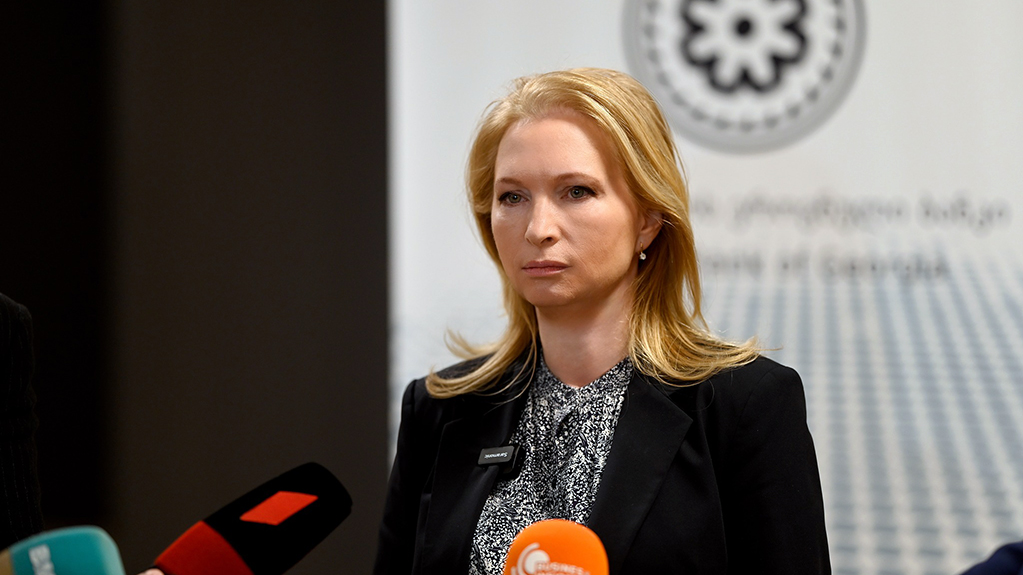Today, the National Bank of Georgia sold 60 million dollars. The decision was made in response to the "developing agitational processes" in the foreign exchange market in recent days, which were accompanied by large one-time transactions.
News
"There was an excess demand for currency, which exerted additional pressure on the exchange rate of the lari. The fluctuations observed in the foreign exchange market are not caused by fundamental macroeconomic factors and are therefore considered short-term. International reserves are at a historical maximum, foreign inflows are stable, the current account deficit is at a historical minimum, and high economic growth has been recorded in the last three years. Inflation is below the target of 3%, and the fiscal balance and public debt are maintained at sustainable levels.
The total amount of liquid assets in the banking system today exceeds the equivalent of 16.7 billion GEL, demonstrating unprecedented resilience to potential shocks. Today, the financial system of Georgia is one of the strongest in Europe," the National Bank stated.
Yesterday, May 15, the GEL sharply depreciated against foreign currencies. In a single day, the official value of 1 US dollar rose from 2.6866 GEL to 2.7323 GEL. The national currency also devalued against the euro, with 1 euro valued at 2.9577 GEL, compared to the previous day's official rate of 2.9005 GEL. Currently, 1 US dollar can be purchased for 2.83 GEL, and 1 euro for 3.09 GEL at the Bank of Georgia.
The GEL experienced a sharp devaluation, and the prices of shares of Georgian companies on the London Stock Exchange fell after the Parliament of Georgia adopted the Russian Law on so-called Foreign Agents in the third and final reading on May 14. According to experts, the market agitation was triggered by the US State Department's announcement of sanctions and the announcements regarding the possible suspension of aid to Georgia.
"The National Bank should have realized at the beginning of May that panic would occur after the adoption of the Agents Law. It's too late now. If they could have avoided sharp fluctuations of the GEL and the exchange rate by selling a few million dollars in parts (or tens of millions of dollars), today they would not have to do it at the cost of losing a lot of reserves," said Roman Gotsiridze, a member of parliament and former president of the National Bank of Georgia.
Beso Namchavadze, a senior analyst at Transparency International Georgia, has noted that the statement by the National Bank contains several falsehoods.
"The National Bank's claim that international reserves are at historical highs is false. As of April 30, reserves stood at 4.8 billion dollars, marking an 11% (623 million dollars) decrease from the August 2023 figure. If we consider only foreign currency reserves (used to stabilize the exchange rate of the lari), they amount to 3.8 billion dollars, which is 1.1 billion dollars less than the 4.9 billion dollars recorded in August.
"The National Bank's claim that foreign inflows are stable is also false. Remittances, a significant source of currency inflow in Georgia, decreased by 33% ($542 million) in January-April compared to last year. This decline is attributed to reduced transfers from Russia, while remittances from Europe and the USA are on the rise. Additionally, in January-April, the export of goods decreased by 10%, leading to a 467 million dollar increase in the trade deficit," Namchavadze stated.















